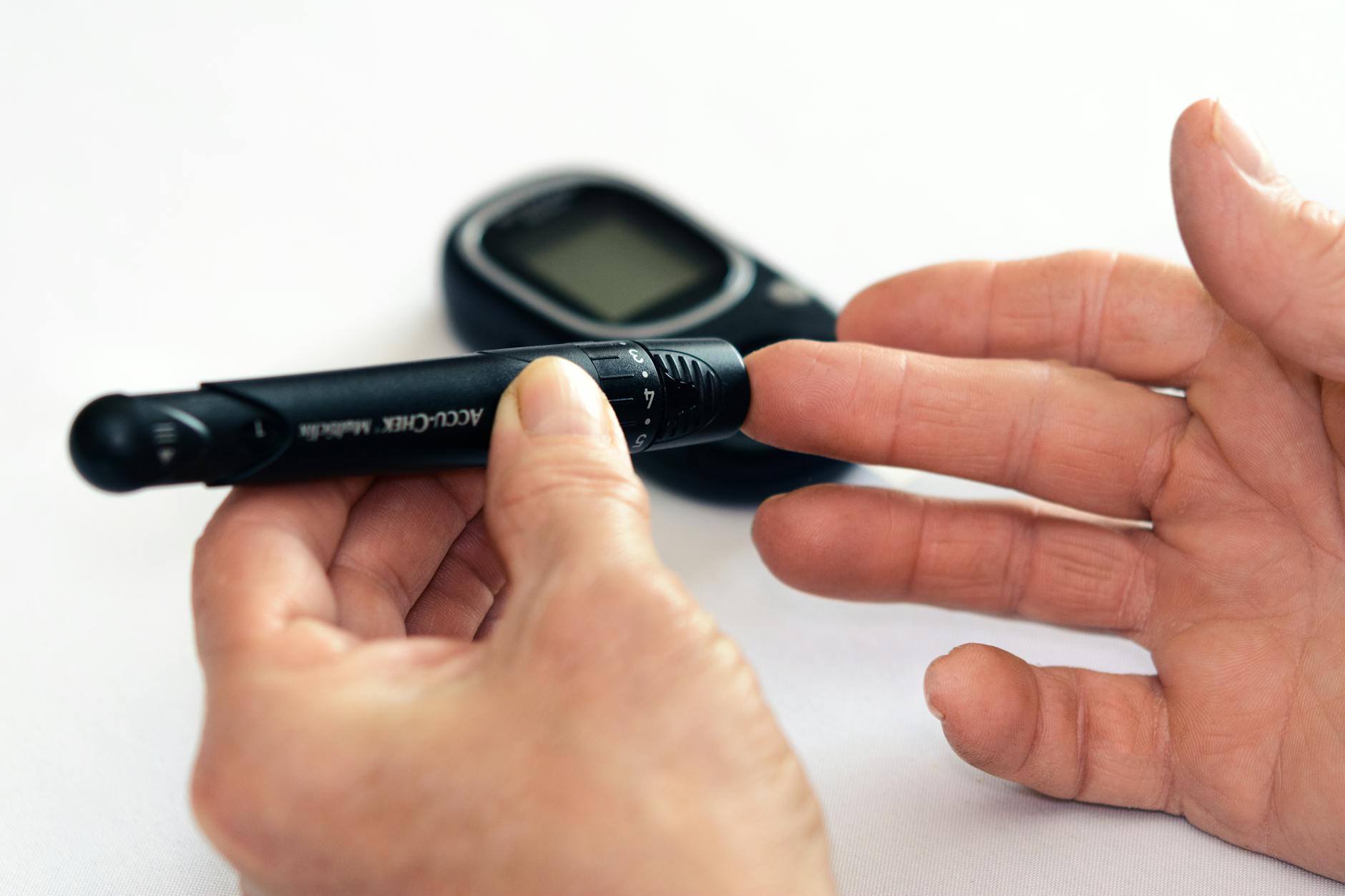What is progress monitoring tools?
What is progress monitoring tools?
In today’s fast-paced world, staying on track with our goals can often feel overwhelming. This is where progress monitoring tools come into play. These tools help individuals and teams measure their progress, providing clarity and direction as they work towards personal or professional objectives. By effectively utilizing these tools, we can enhance productivity and achieve our desired outcomes more efficiently.
Understanding Progress Monitoring Tools
At its core, progress monitoring tools are designed to assess and track how well we’re advancing towards our goals. They foster a systematic approach to measuring performance and outcomes, whether in education, personal development, or project management.
These tools serve a vital purpose: they help us identify where we’re succeeding and where we might need to adjust our strategies. By regularly assessing our progress, we can make informed decisions that ultimately lead to improved performance and achievement.
Types of Progress Monitoring Tools
There are several types of progress monitoring tools available, each catering to different needs:
Digital Applications: Many apps offer features for tracking progress on goals, such as Habitica, Trello, or Asana. They allow users to set tasks, deadlines, and reminders, all while providing visual feedback on their progress.
Spreadsheets: A classic but effective method, spreadsheets allow for detailed tracking of metrics and milestones. Customizable, they can be tailored to individual or team needs and are perfect for visualizing progress through charts and graphs.
Physical Planners: For those who prefer a tactile approach, physical planners or journals can be effective. Writing down goals and daily achievements reinforces commitment and offers a sense of accomplishment.

Photo by AS Photography
How Progress Monitoring Tools Work
These tools generally operate on a few key principles:
Goal Setting: The first step is to define clear, specific goals. This clarity sets a strong foundation for tracking progress.
Data Tracking: Progress monitoring involves systematically collecting data related to those goals. This could be through regular check-ins, assessments, or performance metrics.
Feedback Loops: Importantly, these tools create feedback mechanisms where users can review their progress. This allows for adjustments in strategy if necessary, ensuring that efforts remain aligned with goals.
Benefits of Using Progress Monitoring Tools
Utilizing progress monitoring tools offers several advantages that can significantly impact your productivity and personal growth.
Enhanced Accountability
One of the primary benefits of these tools is that they promote accountability. When you track your progress, you’re more likely to stay committed to your goals. The act of documenting achievements creates a sense of responsibility. It’s like having a personal coach cheering you on and reminding you to stay focused.
Improved Goal Clarity
Progress monitoring tools help clarify what you want to achieve. By breaking down larger goals into smaller, manageable tasks, these tools make it easier to see the path ahead. You gain a clearer understanding of what success looks like, which makes your objectives feel more attainable.
Best Practices for Implementing Progress Monitoring Tools
To maximize the effectiveness of progress monitoring tools, consider these actionable tips.
Setting Realistic Goals
Ensure that your goals are SMART (Specific, Measurable, Achievable, Relevant, Time-bound). This framework helps set clear expectations and ensures that you’re working towards something tangible. For instance, instead of saying, “I want to get fit,” a SMART goal would be, “I will exercise for 30 minutes, five times a week for the next three months.”
Regular Review and Adjustment
Progress isn’t always linear. To stay on track, routinely review your progress and adjust your goals or methods as needed. This flexibility allows you to respond to challenges and changes in circumstances, ensuring that your strategies remain effective.
Conclusion
Progress monitoring tools are invaluable assets for anyone looking to enhance their productivity and achieve personal growth. By incorporating these tools into your routine, you can gain insights into your progress, hold yourself accountable, and clarify your goals.
Why not start today? Explore the various progress monitoring tools available and take the first step towards achieving your goals. Whether you prefer digital apps, spreadsheets, or a physical planner, the right tool can make all the difference in your journey toward success. For more insights on how to effectively implement these tools, check out resources like Progress Monitoring from MTSS4Success and The Ultimate Guide to Progress Monitoring.